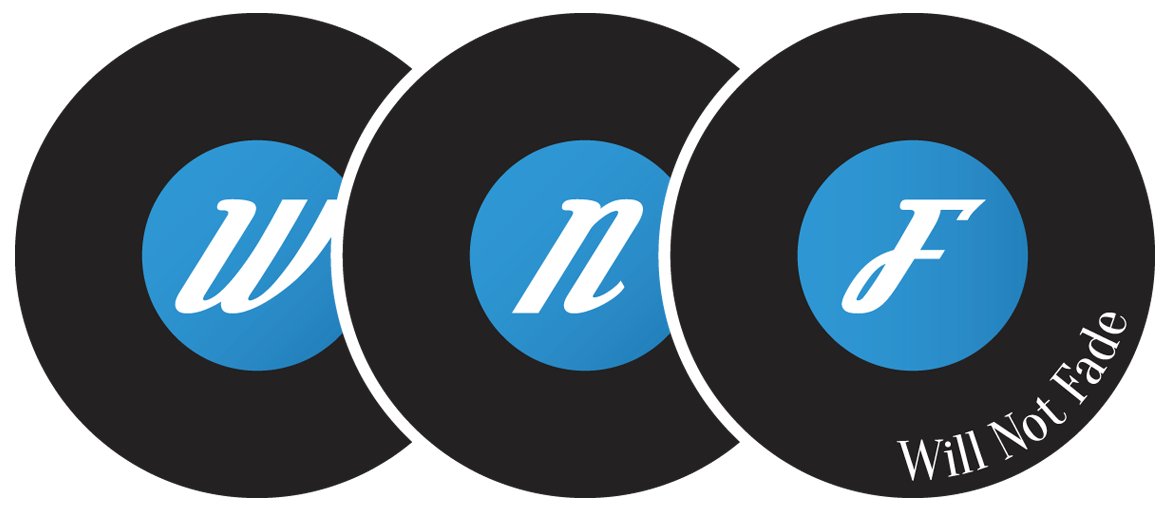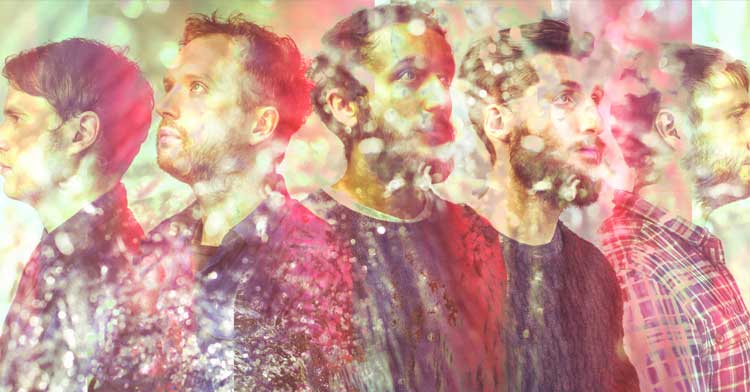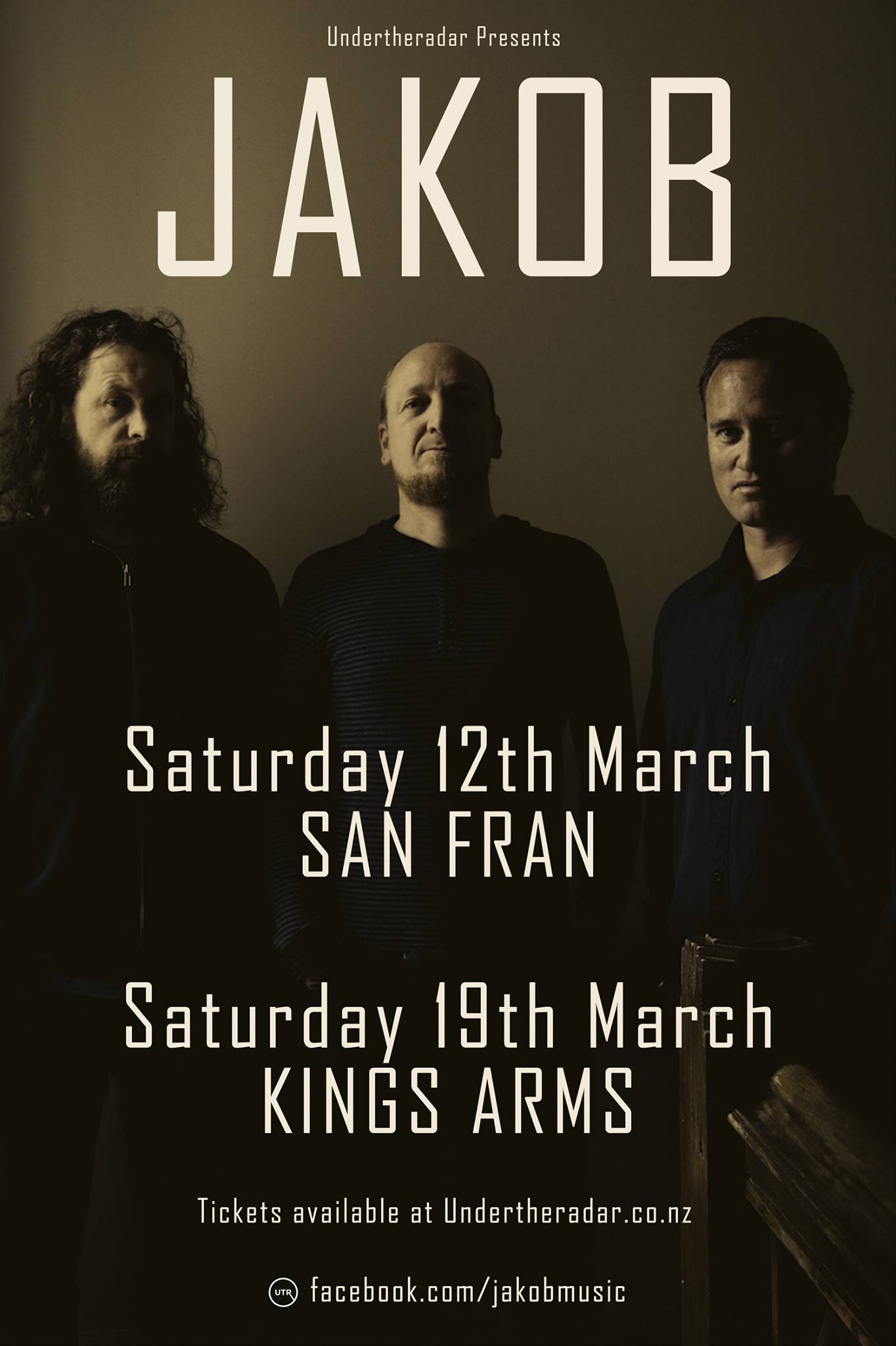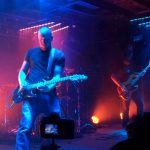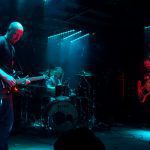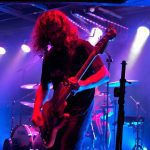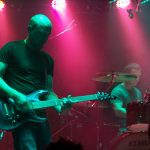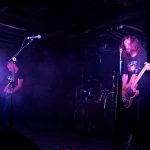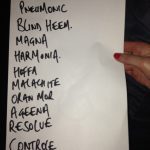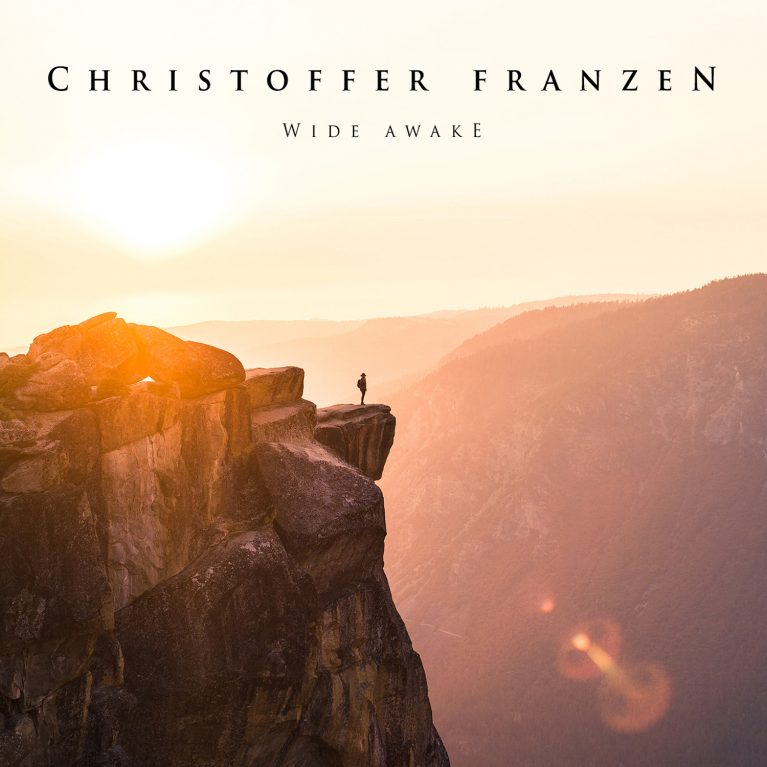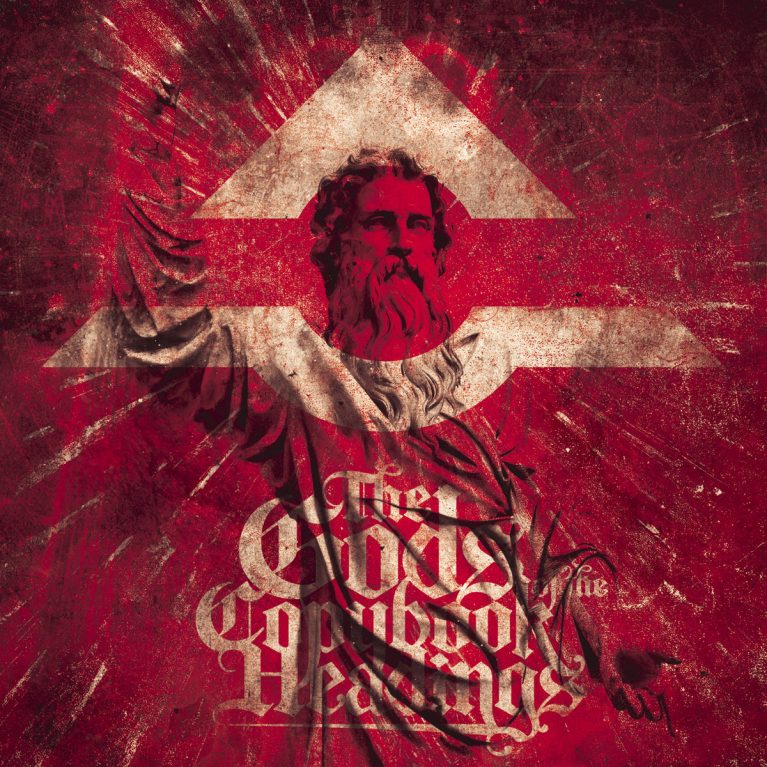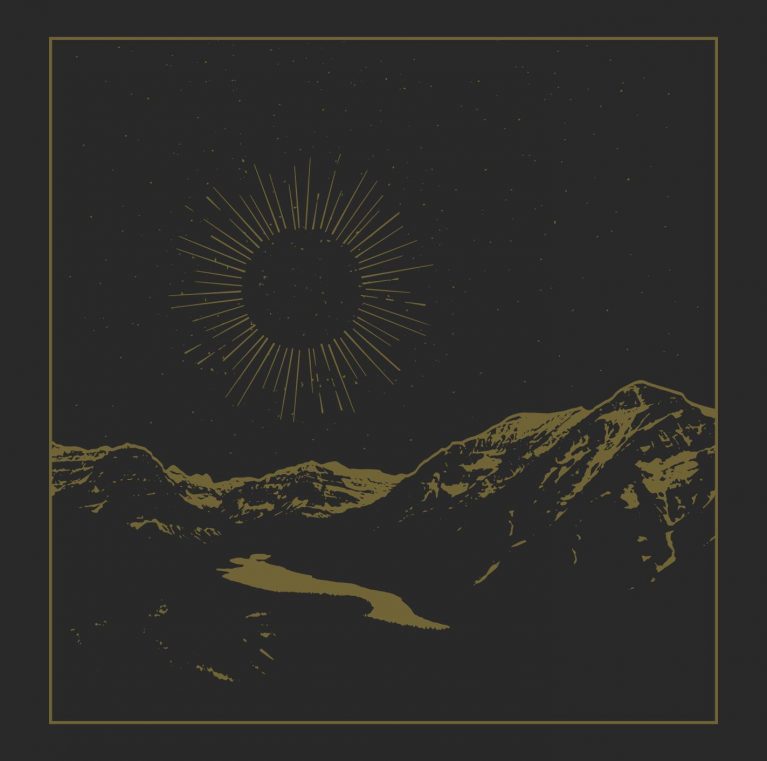Leicester post-rockers Maybeshewill just played their last ever show at KOKO in London, supported by worriedaboutsatan and You Slut! [who reformed especially for the show].
I couldn’t make it. Sadly that means I will never see them play live. It’s understandable, seeing as I live on the opposite side of the world. I honestly think that I will miss the band though.
Like I mentioned in my review of their final album, I discovered Maybeshewill through a sampler attached to Rock Sound magazine. The song had a risqué title, and being a teenage boy, I was terrified that my parents would stumble upon the song that I had ripped to the family computer. I wonder what would have been worse – my mum finding a file named “The Paris Hilton Sex Tape”, or the also rudely named “C.N.T.R.C.K.T” from the same album?
I think Maybeshewill were the band that I joined Bandcamp for, so that I could purchase their live album Live At The Y Theatre. It included a link to download the video of the show, but I never actually downloaded it because the file size was 2 gigabytes, and my bloody flatmates always used up the internet bandwidth allowance, meaning that the download was nigh on impossible on the capped speeds once we had exceeded our limits. I’ll upgrade to unlimited internet someday…
As well as loving the band for their music, I also admire them for their DIY ethic. They started their own record label/collective, Robot Needs Home, to launch their own debut EP. I don’t think they ever anticipated growing to the size they are now.
This blogpost from guitarist John Helps aligned so well with my ideals about authenticity, resourcefulness and community. In the liner notes of Not For Want Of Trying they write “this record was performed, recorded, mixed, and mastered by Maybeshewill at various locations throughout 2007. It cost us nothing. DIY FTW”. They proceed to thank friends and family who helped them with the process, stating that “we owe more to these people than we owe to the bank”, and “this record is as much yours as it is ours”. There seems to be more integrity in any artistic project when it is independently run, because the artist needn’t compromise their values to appease any external figures. I try to run my blog by those principles, and consider my work a success, despite never having spent any money on it.
The band’s final album, Fair Youth, was released just as I started this blog. I enthusiastically reviewed it, and although it was not my best piece of writing (being among my first), it taught me a lot about what it takes to write for a music blog (including don’t let your dad leave comments that people will laugh about on the internet!). I stand by what I wrote back then – it is a good album, and one the band can be proud to leave as a parting gift.
Maybeshewill will always be important to me. They were one of the bands that started me on a journey of discovering post-rock. They showed me that music can be exciting without vocals. They combined electronica, samples and brilliant musicianship. They made brilliant music using an indie model.
To quote one of their song titles : “Our History Will Be What We Make of It”. Maybeshewill made a legacy worth remembering
Joseph James
